
Investigators followed patients with pediatric inflammatory multisystem syndrome temporally associated with SARS-CoV-2 (PIMS-TS) for 6 months to review their outcomes.

Investigators followed patients with pediatric inflammatory multisystem syndrome temporally associated with SARS-CoV-2 (PIMS-TS) for 6 months to review their outcomes.
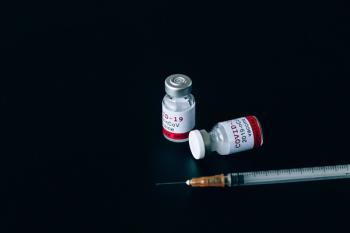
This serious adverse event has been linked with COVID-19 shots from AstraZeneca and Janssen.

A Swiss population-based study showed more people in socioeconomically challenged places tested positive more frequently, saw higher hospitalizations, and greater mortality rates than those in higher socioeconomic places.

Azithromycin versus standard care in patients with mild-to-moderate COVID-19, did not reduce the risk of hospital admission or mortality.

Patients who developed atrial fibrillation had higher levels of two known markers of heart stress.

The company’s RBX2660, administered as a single dose, demonstrated superiority over standard of care for reducing Clostridioides difficile infection (CDI) recurrence.

Interventions after students receive a positive test were ineffective at preventing more infections.

The agency is making the safe return to school in the fall their top priority.

The announcement aligns with an FDA and CDC statement against the need for booster doses.
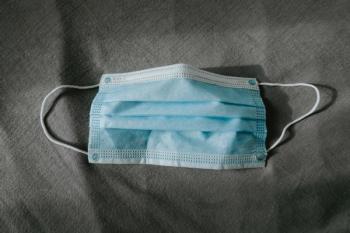
Kansas counties that adopted mask mandates saw a 60% drop in COVID-19 cases, a new study found.

In the second installment of an interview, members of the FlowMetric Life Sciences' leadership discuss how their technology might aid possible COVID-19 vaccine booster shots, how immunocompromised patients respond to vaccines, and other vaccines where their platform may be used.

Dengue epidemics can occur annually and are caused by specific mosquitoes, but introducing bacteria to the mosquitoes can reduce the transmission of the infection.
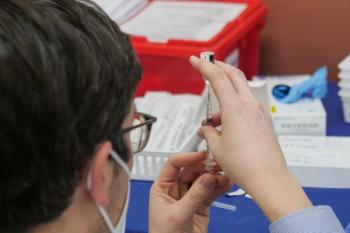
The Sinovac developed vaccine could greatly aid in the global inoculation effort.

A study looked at COVID-19 incidence rates in health care workers who wore medical masks vs respirator masks when performing nonaerosolizing, routine patient care.
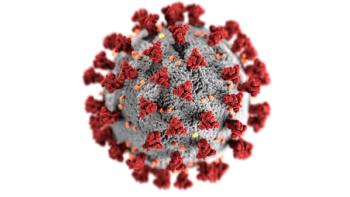
Two doses of the Pfizer or AstraZeneca vaccines generated high sero-neutralization against the strain.
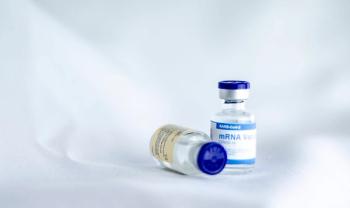
While the efficacy of SARS-CoV-2 vaccines have been demonstrated, a lack of data is present for patients with cancer.

CDC says infections linked to the consumption of Jule’s Cashew Brie, a vegan, or plant-based cheese alternative, was linked to the cashews used in the ingredients.

FlowMetric, Inc., discusses its VaxEffect, an immune monitoring platform and how it can be used to measure COVID-19 vaccine responses.

The company’s mRNA-1010 is a seasonal influenza vaccine candidate that is targeting A H1N1, H3N2, influenza B Yamagata, and Victoria lineages.
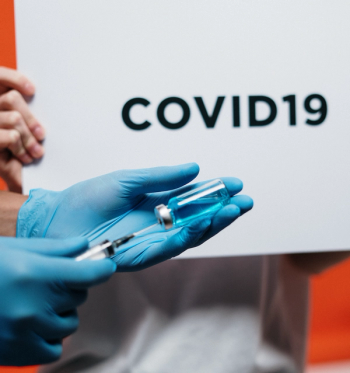
Benefits were also observed among adults aged 18 to 49, with adults over 65 seeing the most benefit.

Research has shown that some receptors for the virus are linked to male hormones.

Patients receiving both IL-6 and corticosteroids showed lower risks of death and mechanical ventilation.
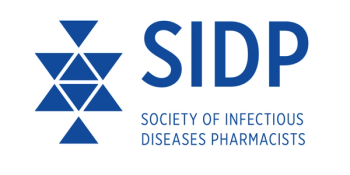
The latest article from SIDP offers a Top 5 list of how to precept a learner on an infectious disease rotation.

New study finds differences in testing, disease severity in England.
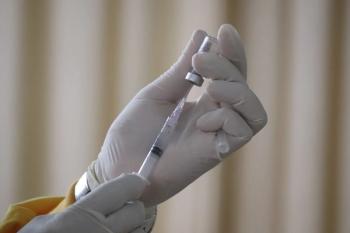
A single dose of mRNA vaccine proved 81% effective against a SARS-CoV-2 infection.
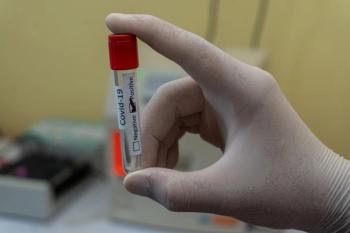
Testing every 3 days showed a test sensitivity of 98%.

The therapy demonstrated an efficacy of 65.2% against the Delta variant.

A new report suggests a popular sepsis prediction model may not work as well as advertised. The investigator behind the study says there is a need to better understand the inner workings of this and other tools.

New data suggest countries with limited vaccine supplies may not need to immediately vaccinate all members of low-risk households.

Increased respiratory viral testing for COVID-19 and Influenza could have contributed to improved antibiotic prescribing for respiratory symptoms.